A CIP catalogue record for this book is available from the British Library.
The moral right of the author has been asserted.
All rights reserved. No part of this publication may be reproduced, stored in a retrieval system, or transmitted in any form or by any means electronic, mechanical, photocopying, recording or otherwise, without the prior written permission of the copyright owner.
FOREWORD
Born in Crabwood Creek, in what was then British Guiana, I come from a Hindu Brahmin cultural background. My childhood was a privileged colonial one, spent on a series of sugar plantations in Guyana. My father worked for Bookers, who owned the plantations, continuing as a consultant long after retirement. As a child, I travelled extensively with my parents and sister, and I continue to enjoy doing so. From high school, I went to university in Canada, where I double majored in Political Science and Spanish. I spent a year in Salamanca, Spain, and met my Dutch-Jewish husband in the cheerful bustle of student activities in that city. We subsequently settled in the heart of Holland and I soon slipped into place in village life.
Baking has always been my passion, from the time when I made my first Bakewell tart at school. I was never allowed to get in the way in the kitchen at home except to bake the occasional cake, and Ive been making up for that ever since!
My childhood prepared me well for my present life. For many people, their childhood seems gilded in retrospect. Mine, though, really was 24-carat gold. I grew up in multi-racial Guyana at the end of the colonial period and witnessed independence, and my life was slightly schizophrenic in a very normal kind of way. We lived on a sugar plantation in one of about 15 spacious dwellings that housed a mixture of local and expatriate families. This handful of men managed the plantation, which offered employment to thousands and contributed significantly to the local economy. We ran, swam and played with great abandon in our own little world while high chain-link fences and token security officers guarded our Westernized existence.
Then there was my other life: visits to my grandparents in their respective villages. My paternal grandfather was a pandit (Hindu priest), a village notable in a rural Indian society that still set store by ancient caste and hierarchical systems. He and my grandmother lived close enough for frequent afternoon visits. Some distance away, my mothers family lived in crumbling semi-feudal splendour in a village my great-grandfather had nostalgically named Bengal. The family as good as owned the village and its surrounding rice fields and coconut walks, and practically every house held an abundance of cousins, aunts and uncles. Indian clay ovens were as familiar to me as high-tech electric cookers, and it was as natural to sit at a crystal- and silver-laden dining table, eating what passed for sophisticated Western fare, as it was to attend a village wedding, sit cross-legged on the floor and use my fingers to tuck into the spicy vegetarian meal contained in the lotus leaf plate on my lap.
Later, I went to school in the capital: first a Protestant school, then a Catholic convent. Mass and hymns so modern that one hardly dared call them that, accompanied by the guitar strumming of the girls, became a regular part of my school life, while my home life still included the tinkling of tiny bells, sacred ghee-fed fires and Sanskrit chanting. Years later, it became equally natural to stand up for the Amida or join in the Shema in a liberal synagogue in Holland.
Growing up like this has left me easily able to adapt, and given me a sponge-like ability to absorb all kinds of facets of any culture, without quite knowing how. I am also marked by an insatiable curiosity and craving for even more cultural wealth. For me, food has always been one of the most enjoyable paths to other societies. A trip to another country automatically means eating local food and visiting groceries and markets, and I am very fortunate in having good friends on several continents with similar interests, so I often get an insiders view. I invariably try to recreate in my own kitchen whatever it is I have eaten, and have always been an avid collector of cookbooks, especially baking books.
The frustration when recipes fail to live up to my expectations always drove me to make alterations. It was not long before I began to compose my own, writing them down in a tattered, batter-splattered notebook that bore the grand title Gaitris Baking Journal itself a source of hilarity to my children. Every time I baked something, I made notes about how it turned out, and any changes, substitutions or different methods were duly recorded.
Missing the flavours of my childhood and wanting my family to know them, I started badgering friends and relatives for recipes. Their usually vague instructions as to amounts and methods were jotted down in the trusty Journal, allowing me to experiment. I learned to make Black Cake by phone, along with Chinese Bean Cakes, Azorean Honey Cake and many others, and while I already knew the basics of roti-making, I bullied my mother into demonstrating the finer points every time she visited. And the more I baked, the more I wanted to perfect this recipe and tweak that one, so there was always an abundance of baked goods in the house. Fortunately, there was no shortage of eaters, and nothing was too strange for my family and friends to taste. Indeed, they developed into a very critical tasting panel, and thanks to their comments, the Baking Journal eventually became a book this one.


INTRODUCTION
Treasured memories are infused in homemade breads, cakes and pastries. I can hardly remember a time when they have failed to lift my spirits in some way. Post-colonial plantation life in Guyana was characterized by a sense of Britishness that was enhanced by the presence of a large number of expatriate families in the otherwise small and isolated community. It found its chief expression in food, and teatime was a favourite part of the day. Sometimes this was no more than a hurried cup of tea in the kitchen with a pastry or a buttered slice of homemade bread; at other times, it was a lavish spread on a cool veranda.

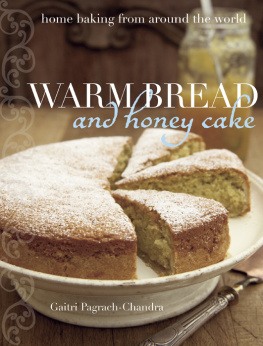

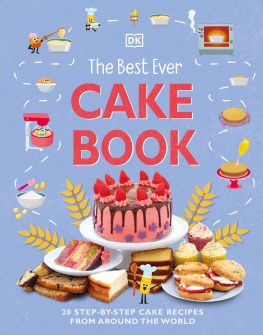
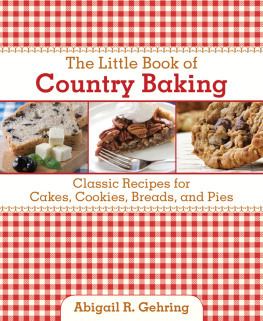
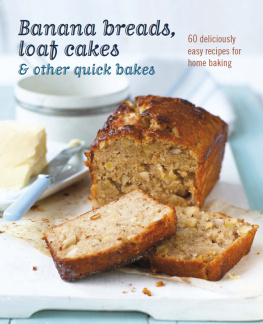
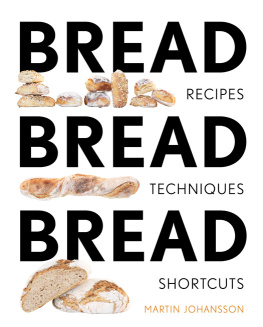
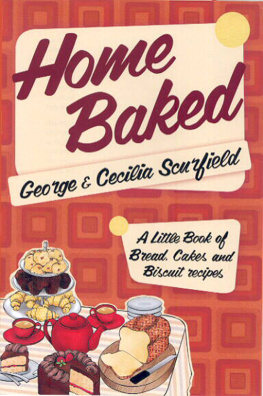
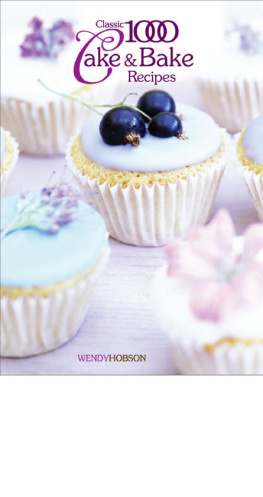
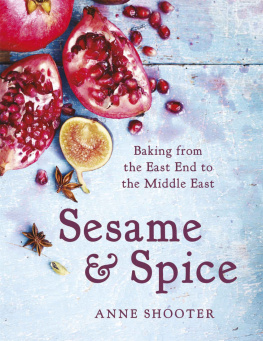
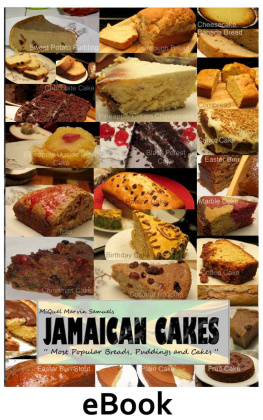

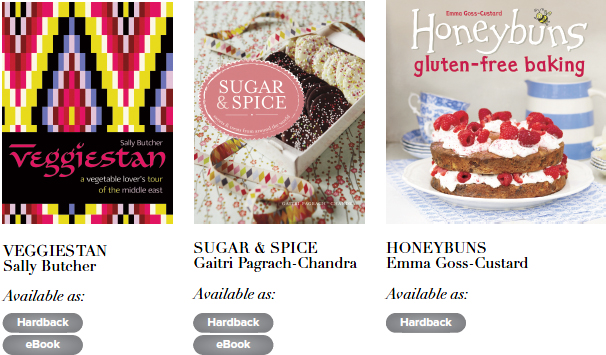
 www.anovabooks.com
www.anovabooks.com


